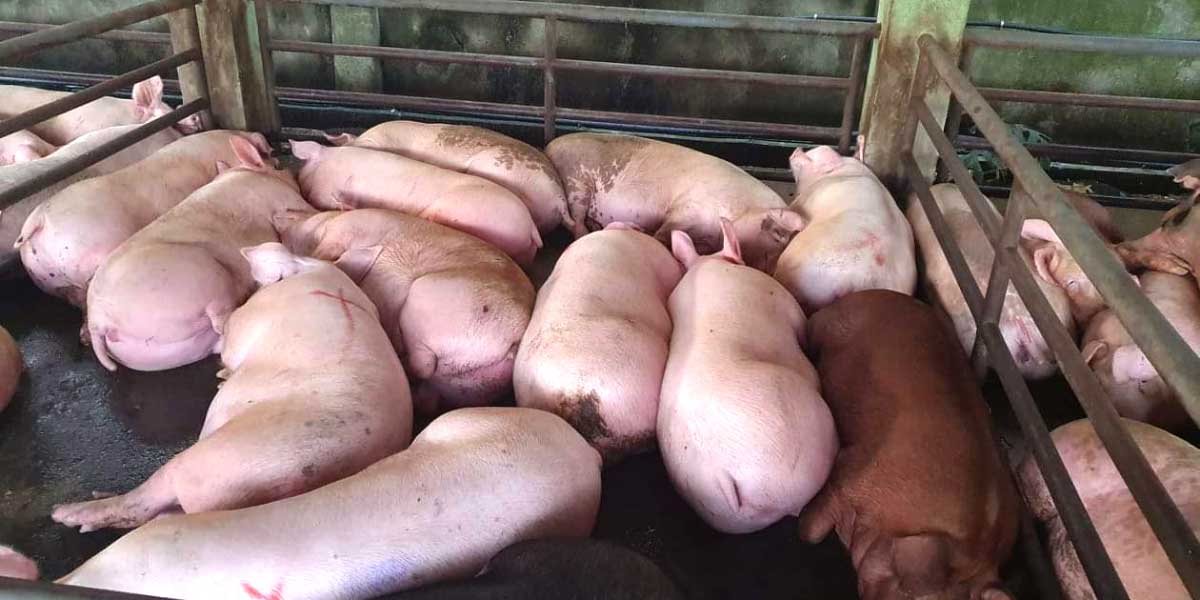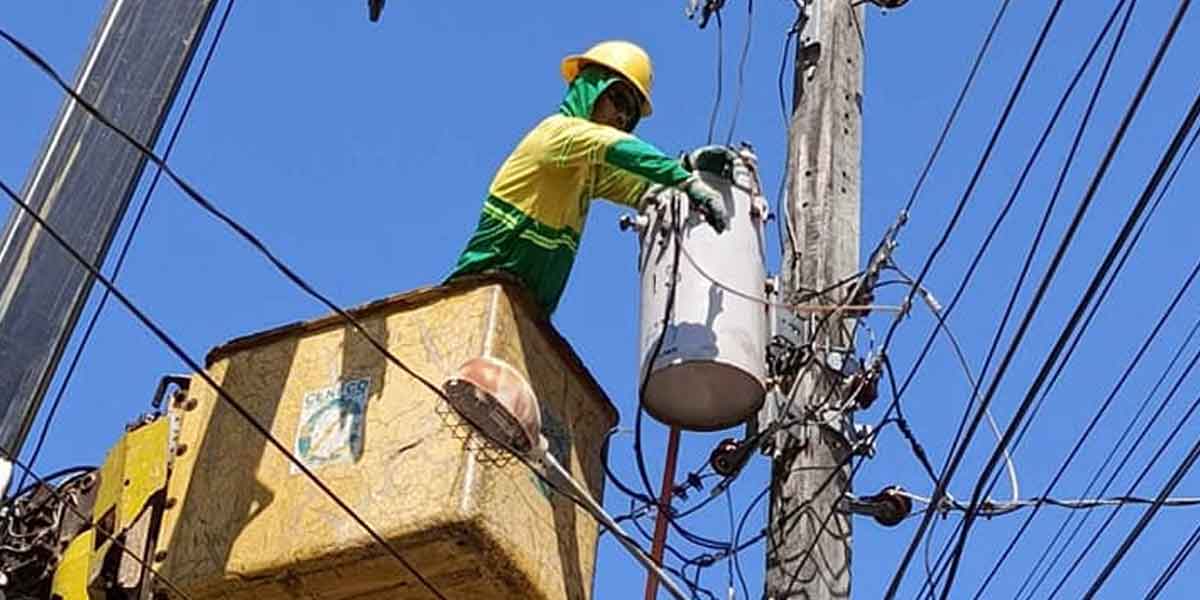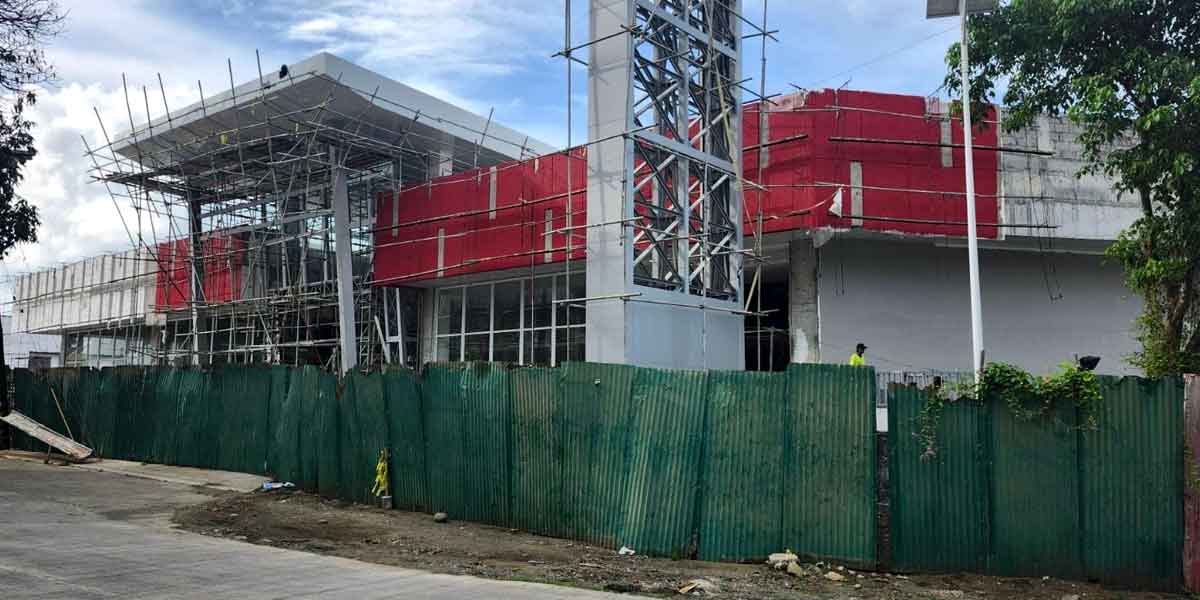By Francis Allan L. Angelo
The National Economic and Development Authority (NEDA) is spearheading proactive measures to manage inflation and secure essential food and energy supplies in response to the persistent El Niño and upcoming La Niña weather phenomena.
The Philippine Statistics Authority observed a modest increase in the country’s inflation rate, recording 3.7 percent in March 2024, slightly higher than February’s 3.4 percent, but the first quarter averages remain within the target.
Food inflation notably drove this increase, led by rice prices which surged to 24.4 percent, influenced by El Niño’s impact on agriculture and global export restrictions.
However, this was mitigated by the slowing price rise of various food items, including eggs, fruits, and cereals, while some commodities experienced deflation.
NEDA Secretary Arsenio M. Balisacan assured the public, “The government is closely monitoring weather conditions and their effects on the supply of key commodities, such as food and energy, to protect Filipino households from sudden price increases.”
He highlighted ongoing efforts to ensure adequate water supply and assistance to farmers affected by drought.
Balisacan also mentioned preparations to mitigate the effects of the anticipated La Niña, focusing on food and energy security, water supply, and public health.
Furthermore, the government is offering relief to Filipinos through the Lifeline Rate program, which provides a significant discount on electricity bills to qualified consumers, benefiting nearly 5 percent of the Pantawid Pamilyang Pilipino Program recipients.
The Development Budget Coordination Committee, during its Full Cabinet Meeting on April 3, 2024, reaffirmed its inflation target of 2.0 to 4.0 percent through 2028. This demonstrates confidence that current policies will contain commodity price hikes.
Meanwhile, Finance Secretary Ralph G. Recto has pledged reinforced governmental action to safeguard Filipinos’ purchasing power in the face of adversities caused by El Niño and La Niña.
“The Inter-Agency Committee on Inflation and Market Outlook is all hands on deck in monitoring weather-related disturbances […] to protect Filipinos’ purchasing power,” Recto emphasized, underscoring the government’s dedication to its people.
These climate phenomena present significant risks to agriculture and utilities, potentially inflating costs and reducing crop yields.
Despite the challenges posed by El Niño since January, the administration has successfully maintained inflation within the targeted bounds due to comprehensive strategies enhancing imports and bolstering agricultural productivity.
Recto pointed out the effects on essential commodities, particularly rice, whose prices soared amid Southeast Asian production dips and Indian export curbs. Despite this, moderated price increases across a range of other foodstuffs have helped temper the overall food inflation rate.
The government’s multi-tiered response includes initiatives such as Fertilizer Discount Vouchers and the Rice Farmers Financial Assistance program, which have distributed substantial aid to farmers.
Furthermore, the National Irrigation Administration is deploying solar-powered irrigation systems, enhancing resilience against drought conditions.
With non-food inflation remaining steady, the government is also tackling rising utility costs. It has introduced the Anti-Bill Shock Program and the Lifeline Rate Subsidy Program, mitigating the economic impact on consumers.
Recto’s assurance is a testament to the current administration’s commitment to managing the dual threats of El Niño and La Niña, aiming to uphold economic stability and support Filipino households.




















